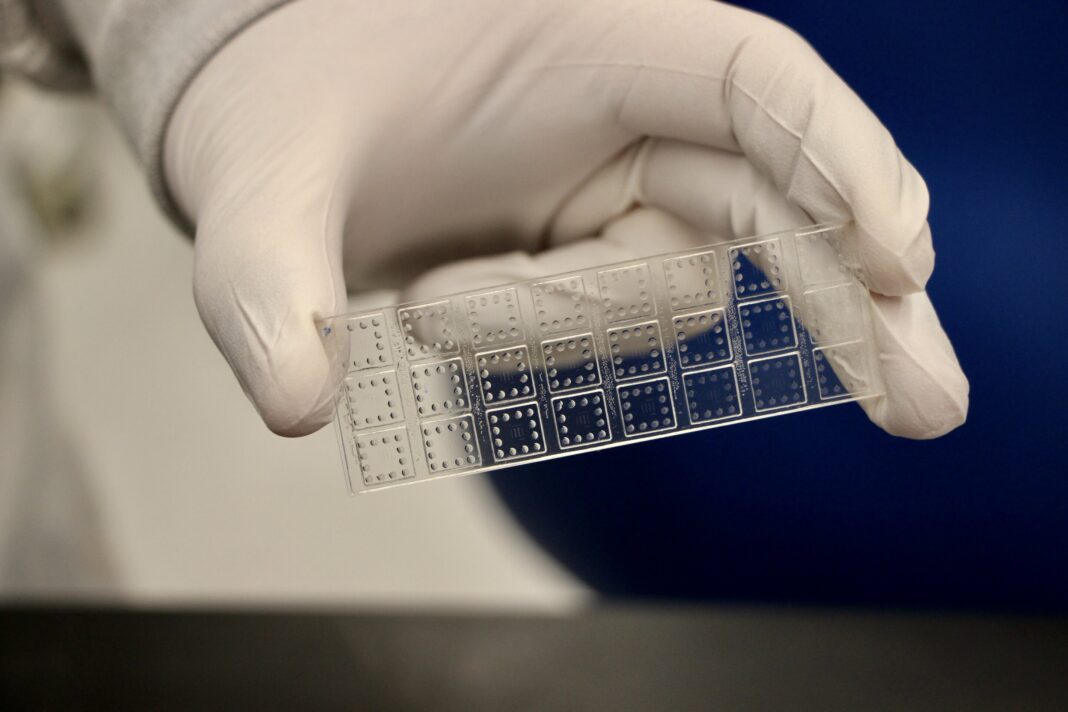Biomedical engineers at Duke University have devised a test to quickly and easily assess how well a person’s neutralizing antibodies fight infection from multiple variants of COVID-19 such as Delta and the newly discovered Omicron variant. This test could potentially tell doctors how protected a patient is from new variants and those currently circulating in a community or, conversely, which monoclonal antibodies to treat a COVID-19 patient. The test is described online Dec. 3 in the journal Science Advances. “We currently really have no rapid way of assessing variants, neither their presence in an individual, nor the ability of antibodies we possess to make a difference,” said Cameron Wolfe, associate professor of medicine at the Duke University School of Medicine. “It’s one of the lingering fears that, as we successfully vaccinate more and more people, a variant may emerge that more radically evades vaccine-induced antibody neutralization. And if that fear came true – if Omicron turned out to be a worst-case scenario – how would we know quickly enough?” Added Ashutosh Chilkoti, the Alan L. Kaganov distinguished professor and chair of biomedical engineering at Duke: “While developing a point-of-care test for COVID-19 antibodies and biomarkers, we realized there could be some benefit to being able to detect the ability of antibodies to neutralize specific variants, so we built a test around that idea. It only took us a week or two to incorporate the Delta variant in our test, and it could easily be expanded to also include the Omicron variant. All we need is the spike protein of this variant, which many groups across the world – including our group at Duke – are feverishly working to produce.” The researchers have dubbed their test the COVID-19 Variant Spike-ACE2-Competitive Antibody Neutralization assay, or CoVariant-SCAN for short. The test’s technology hinges on a polymer brush coating that acts as a sort of non-stick coating to stop anything but the desired biomarkers from attaching to the test slide when wet. The high effectiveness of this non-stick shield makes the test incredibly sensitive to even low levels of its targets. The approach allows researchers to print different molecular traps on different areas of the slide to catch multiple biomarkers at once.
https://medicalxpress.com/news/2021-12-rapid-antibody-effectiveness-covid-variants.html


